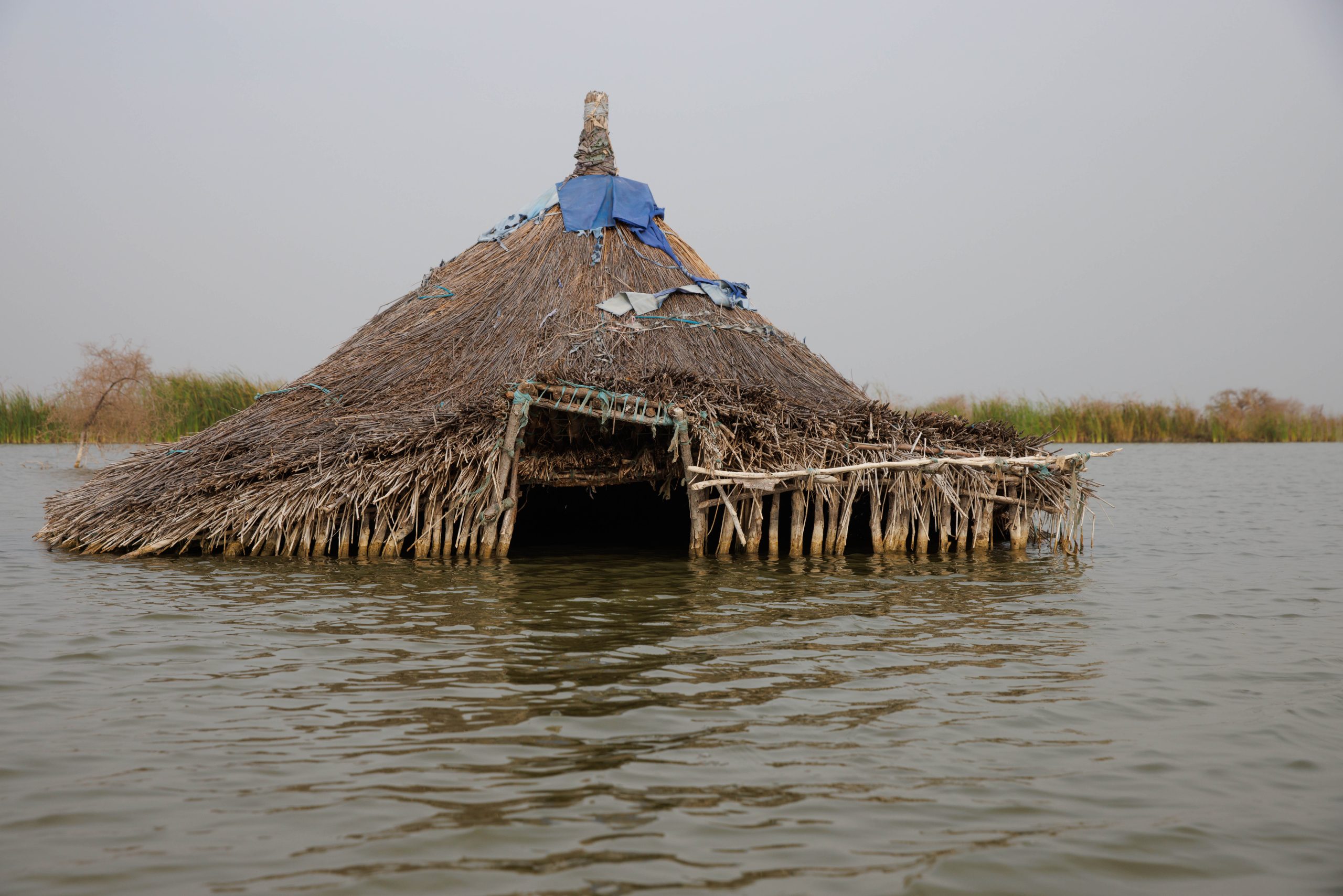South Sudan May See the First Permanent Mass Displacement Due to Climate Change
South Sudan, already facing numerous challenges including conflict and food insecurity, may soon see the first permanent mass displacement due to climate change. Rising temperatures, erratic rainfall, and prolonged droughts are putting additional strain on the country’s already fragile environment, leading to increased food insecurity and water scarcity.
The impact of climate change is exacerbating existing vulnerabilities in South Sudan, making it even more difficult for communities to cope with the effects of ongoing conflicts and instability. This has the potential to create a situation where large numbers of people are forced to leave their homes in search of food, water, and safety.
If this trend continues, South Sudan could be facing a future where mass displacement due to climate change becomes a permanent and widespread phenomenon. This would not only have devastating consequences for the people of South Sudan but also pose a significant challenge for the international community in terms of providing humanitarian assistance and support.
Addressing the root causes of climate change and taking proactive measures to build resilience and adapt to its effects are crucial to preventing mass displacement in South Sudan and other vulnerable regions. This requires a coordinated effort from governments, NGOs, and international organizations to mitigate the impact of climate change and ensure the well-being of at-risk populations.
It is imperative that we act now to address the underlying factors driving climate change and work towards creating a sustainable future for all, especially those most vulnerable to its effects. Only through collective action and global cooperation can we hope to prevent the first permanent mass displacement in South Sudan and other regions facing similar challenges.
